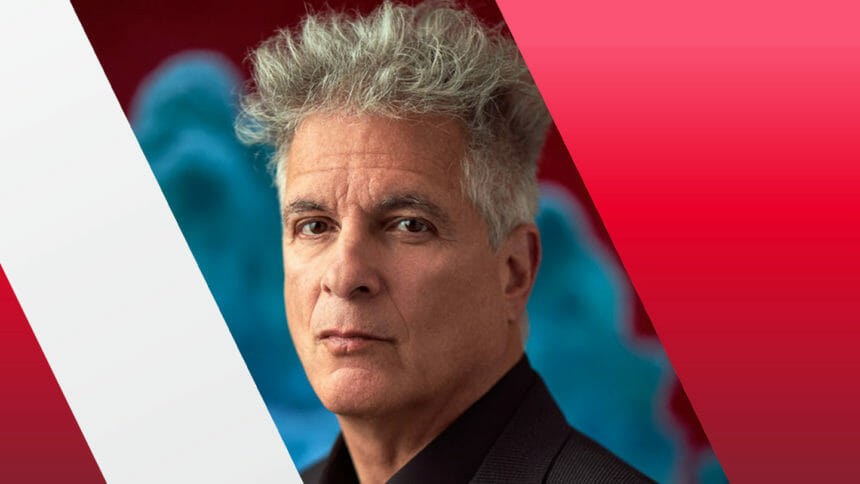
Sabra Health Care REIT is approaching a historic low for its skilled nursing exposure, with nursing home assets now making up just 58% of its overall portfolio.
That’s 1% higher than the real estate investment trust’s all-time low in the skilled segment, but CEO Rick Matros Wednesday predicted a quiet 2023 would leave Sabra with a more diversified, safer balance.
“We don’t anticipate at any point that it would drop below 50% because we still anticipate doing skilled nursing acquisitions,” Matros told investors during a Wednesday call to discuss fourth-quarter earnings. “But we like being in a different place relevant to the level of diversification in our portfolio.”
Matros (pictured) painted a picture of leaders content to stand by patiently after two-plus years of active repositioning. Following the transition of 24 facilities formerly operated by North American Health Care to the Ensign Group and the Avamere Family of Companies, Matros said Sabra was winding down its programmatic asset recycling. Sabra will now return to less-frequent but “ordinary” dispositions.
Although leaders detailed some new senior living partnerships, for now there are no plans for a major buying spree, especially not on the skilled side. Matros noted a “lighter-than-historical” investment pipeline, with some skilled possibilities and growing opportunities in the behavioral health segment.
“We did a lot of transactions last year, and it was a really healthy year for us,” Matros said.
“This year, I think there are a couple factors: One, the activity is kind of light out there. The debt market has changed things. … It’s light in terms of opportunity. And secondly, cost of capital is an issue. Until … the investment community believe[s] that the industry really is recovered or has gotten a lot closer, we think everybody is going to trade relatively sideways.
“We want to be cognizant of that,” Matros added. “For us, a lot of the focus of the pandemic has been to better position Sabra to grow as we come out of the pandemic.”
Sabra did not issue guidance for the year ahead, saying that labor and other costs were currently too unpredictable to forecast a long view. Still, Chief Financial Officer Michael Costa said leaders were “encouraged by the progress we continue to see on the occupancy and cost side.”
Matros in particular downplayed the end of the coming end of the public health emergency, especially because federal officials detached a 6.2% Federal Medical Assistance Percentage increase from the COVID emergency.
He also projected major Medicaid increases that will kick in this summer due to overdue cost accounting would help operators address the continuing labor “slog.”
For more on the Sabra earnings call and details from others held Wednesday, see additional coverage in the McKnight’s Business Daily.



